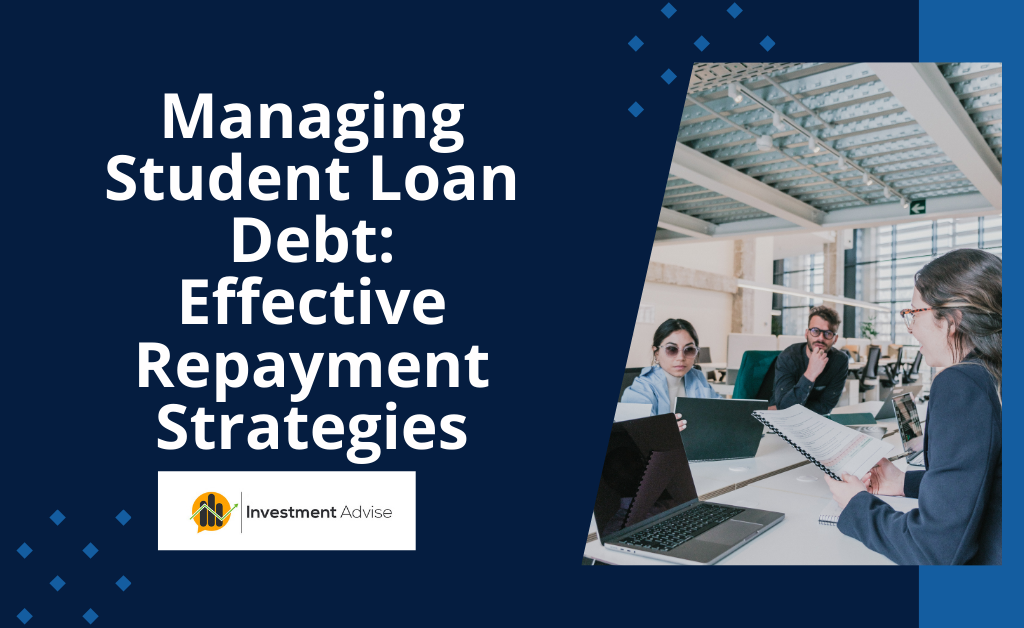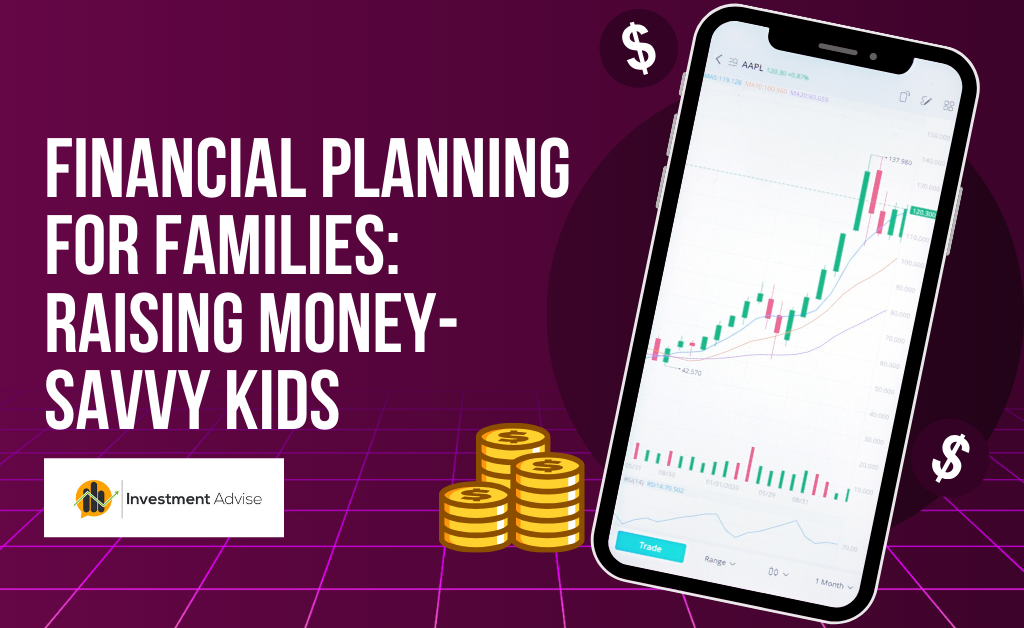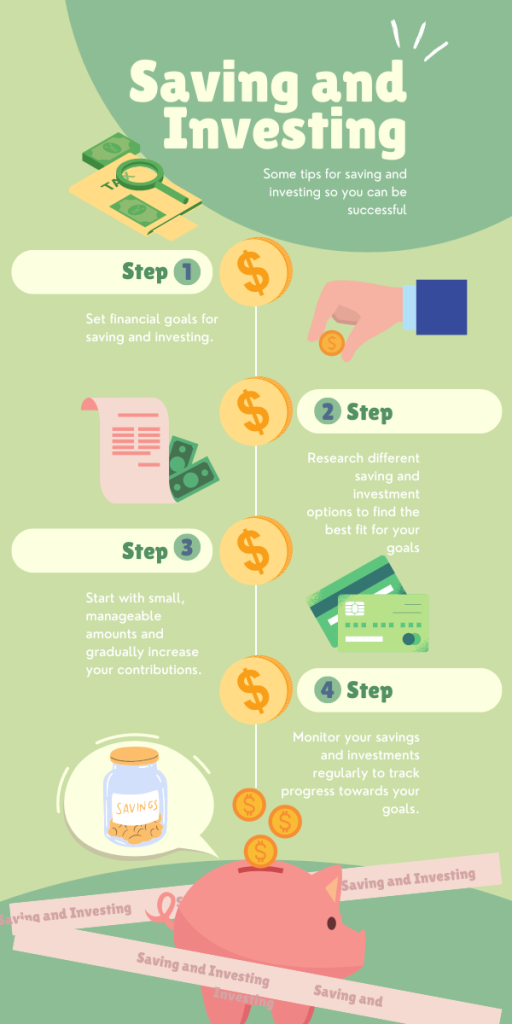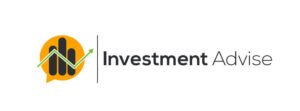Student loans can cast a long shadow over recent graduates, but fear not! Effective management can illuminate a path to financial freedom. This blog will explore strategies to tackle student loan debt, empowering you to make informed decisions and accelerate your journey to debt liberation.
Understanding Your Debt
The first step is to gain a comprehensive understanding of your student loan debt. This involves:
- Consolidating Your Loans: If you have multiple loans, consolidation can simplify management and potentially lower your interest rate.
- Analyzing Repayment Plans: Explore different repayment options offered by your loan servicer, such as standard, graduated, extended, and income-driven plans. Choose the plan that best aligns with your financial situation.
- Prioritizing High-Interest Loans: Focus on paying off loans with the highest interest rates first to minimize overall interest costs.
Budgeting and Saving
Creating a realistic budget is crucial for effective debt management. Allocate a specific amount towards your student loan payments each month. Consider using budgeting tools or apps to track your income and expenses. Additionally, explore opportunities to increase your income through side hustles or freelance work. Saving money is equally important. Building an emergency fund can provide a financial cushion and prevent you from relying on loans for unexpected expenses.
Repayment Strategies
Several strategies can help you pay off your student loans faster:
- Accelerated Payments: Pay more than the minimum required payment whenever possible. Even small extra payments can significantly reduce your loan balance and interest over time.
- Debt Avalanche Method: Prioritize paying off the loan with the highest interest rate first while making minimum payments on the others. Once the highest-interest loan is paid off, focus on the next highest.
- Debt Snowball Method: Pay off the smallest loan first, regardless of interest rate, to gain momentum and motivation. Once the smallest loan is paid off, apply the payment amount to the next smallest loan.
- Loan Refinancing: Consider refinancing your loans if interest rates have dropped since you borrowed. However, carefully evaluate the terms and fees before refinancing.
Government Programs and Forgiveness
Explore government programs and loan forgiveness options. Income-driven repayment plans can lower your monthly payments based on your income and family size. Public service loan forgiveness may be available for eligible borrowers working in government or non-profit jobs. Stay informed about eligibility requirements and program changes.
Seeking Professional Help
If you’re struggling to manage your student loan debt, don’t hesitate to seek professional help. Credit counseling agencies can provide guidance on budgeting, repayment plans, and debt management strategies.
Additional Tips
- Communicate with Your Loan Servicer: Stay in touch with your loan servicer and address any issues promptly.
- Avoid Default: Make every effort to avoid defaulting on your loans, as it can have severe financial consequences.
- Consider Student Loan Repayment Assistance: Some employers offer student loan repayment assistance programs. Check with your employer to see if this benefit is available to you.
Remember, paying off student loans takes time and discipline. Stay motivated by setting realistic goals and celebrating your progress. With careful planning and dedication, you can achieve financial freedom and build a brighter future.


